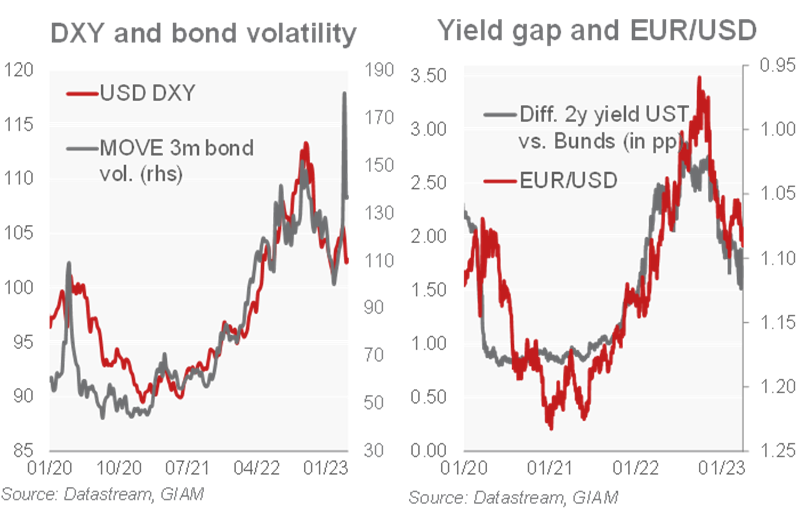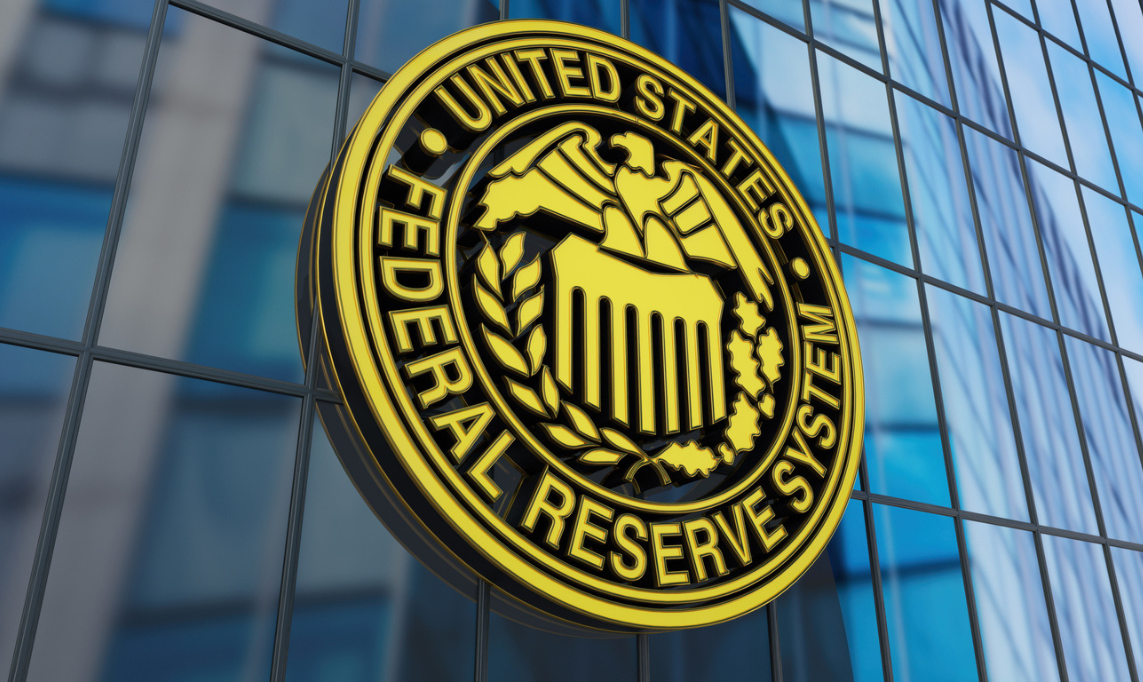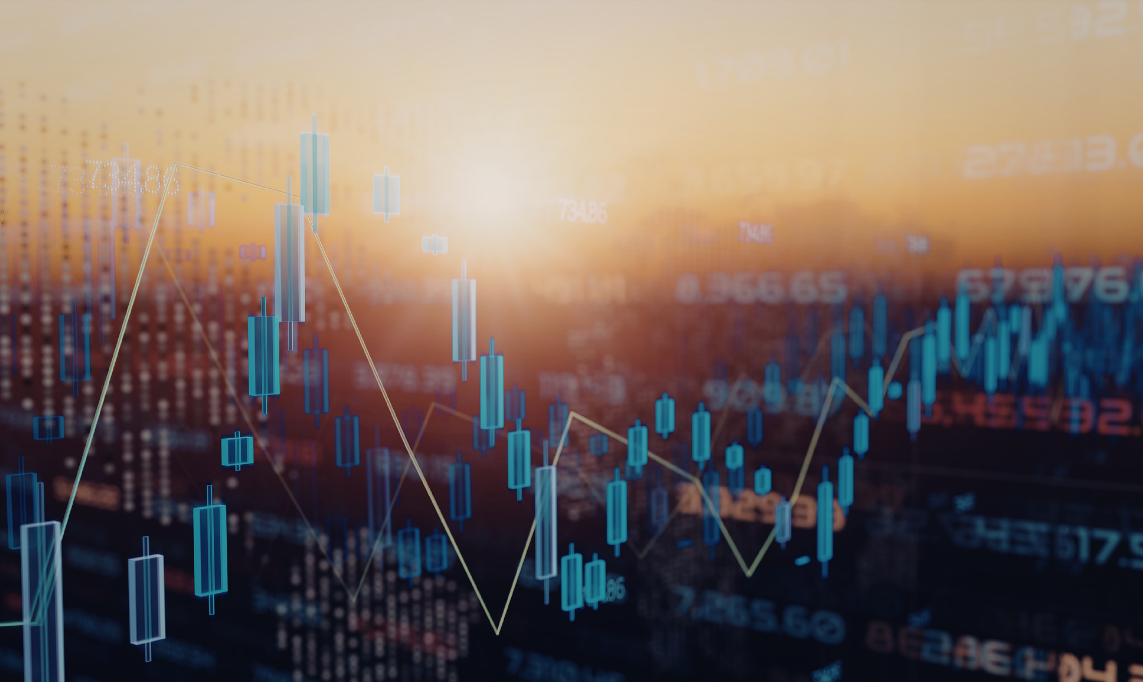
Euro more attractive than the dollar
As many believe that the U.S. rate hike is closer to the end of the line, some are predicting a weak dollar in the coming months
The potentially explosive mixture represented by the combination of rising interest rates and possible systemic effects triggered by the recent banking crises in the United States, Germany and Switzerland is the main concern of market experts. Indeed, the gradual tightening imposed by the major central banks in an attempt to cool the ongoing inflationary momentum poses quite a few questions for insiders about the strength the euro will have against the dollar. It is no coincidence that this was one of the topics at the center of the 34th Ambrosetti workshop that hosted observers, investors, entrepreneurs and analysts. The ups and downs involving several credit institutions on both sides of the Atlantic in recent weeks were cited by many of the experts attending the meeting as the main cause for concern. In addition, the focus on commodity prices remains high, followed by the slowdown in globalization, cyber threats and the growing Sino-American rivalry. At the tail end of the concerns of the business leaders who attended the meeting and expressed their opinions in a survey are the protracted war between Russia and Ukraine and the dynamics of climate change (2.3 percent), which-although they are in the background today-do not contribute to restoring a picture of overall political, economic, financial and monetary stability. That being said, the survey conducted at the Ambrosetti Forum 30.9 percent of entrepreneurs see the strength of the euro growing in perspective.

What factors are most influential in this regard? The strength of the recovery of the U.S. economy and the trajectory of rates in the U.S. and Eurozone will be decisive in understanding the direction the dollar, a currency that traditionally plays a key function in the portfolios of investors forced to deal with a very uncertain global scenario, will take. The greenback's bearish trend against the single currency, according to the experts surveyed, could continue especially in the short term, on the back of optimism over slowing inflation in the United States and the hawkish monetary policy of the European Central Bank. But the situation remains rather uncertain because of the mixed signals coming out of the economy.
For most analysts, the emergence of a monetary policy divergence between the Federal Reserve and the European Central Bank would make the euro more attractive than the dollar. Although the ECB's determination to fight inflation is likely to falter soon, the Fed and the ECB are at different stages of their rate hike cycles. While the Fed seems to be aiming for the end of the rate hike cycle and the market is betting on an imminent cut in the cost of money, the question facing the ECB is not whether, but by how much more it will raise interest rates.
The dollar--according to experts--is likely to continue to weaken in the second half of the year as data on U.S. inflation and economic activity slow and the Federal Reserve recognizes these general trends. According to some analysts, the euro/usd exchange rate is expected to rise to 1.15 by the end of the year. The path to a weaker dollar will be impassable and could be interrupted should the banking crisis intensify or should new challenges emerge, such as the U.S. debt ceiling crisis in the third quarter.
Observers say the euro will also benefit from a possible resolution of the war in Ukraine, which, however, is not expected in the short term.
Is the EU therefore ready to say goodbye to the mini-euro for good? "An easing of the import price shock in the Euro Area, thanks to lower energy expenditures, will help the euro. The weight of net foreign direct investment outflows is likely to decrease. The short-term outlook is more balanced due to low risk appetite, but we expect the Eur/Usd exchange rate to stabilize above 1.10 by the end of the year. The main risk would be escalating banking stress in the Eurozone, which could challenge resilience in the region and restore the dollar as a safe haven," comments Thomas Hempell, Head of Macro & Market Research at Generali Investments.
Only six months ago the single European currency was worth less than a dollar; now it has already recovered more than 10 percent. And if there are no new earthquakes, the dollar's role as a safe haven asset will be diminished. This will happen to the benefit of the euro. What is needed to consolidate the picture is for no destabilizing geopolitical factors to intervene, no unforeseen inflationary flare-ups. And even if this picture is realized, there are those who urge caution.


